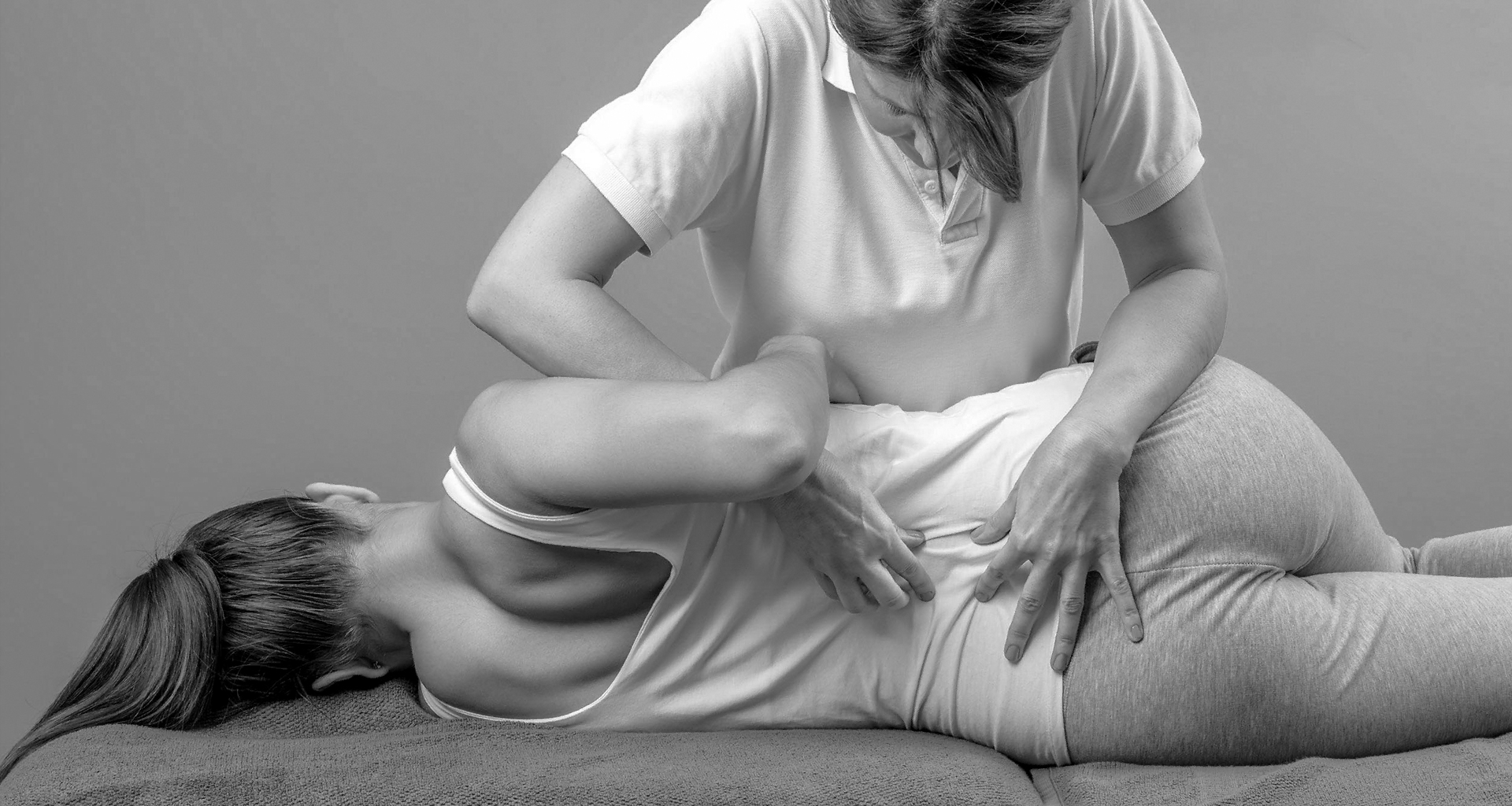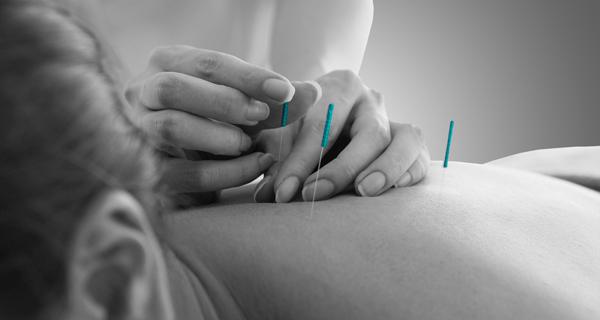WHAT IS OSTEOPATHY?
Osteopathy is a system of hands-on therapy that helps to seek out imbalances, or restrictions, in how the bones, joints, muscles and ligaments work, collectively known as the musculoskeletal system. When the musculoskeletal system is working correctly, there should be no pain or poor movement in its tissues.
Throughout normal life, our bodies are subjected to many kinds of stress, including physical and emotional stress. Whilst we are naturally able to defend our bodies against stress, if that stress becomes excessive, it can disrupt the body’s ability to repair itself and can result in symptoms of weakness that ultimately can lead to disease.
Osteopathy focuses on the body’s structure and function and, by combining a full case history from the patient with examination findings, the osteopath can pinpoint the root cause of the problem. This allows the treatment to pinpoint the necessary areas, encouraging the body’s self-healing mechanism. However, osteopathy isn’t just for treating back pain, it can also be useful for treating arm and leg pain, knee pain, arthritic pain, certain types of headaches, sciatica and sporting injuries amongst other things.
Our Osteopaths use a variety of treatment techniques that vary depending on the individual person. Often, treatment is a combination of soft-tissue massage techniques, joint articulation techniques and, if required, joint manipulation techniques (the ‘’click’’ commonly referred to) however, we often use far gentler techniques to achieve the same result, equally as effectively. Along with manual treatment, we often give advice on exercising, stretching, posture and lifestyle changes to help you heal quicker. Occasionally, further tests are appropriate, such as blood tests or x-rays, in which case we will discuss our findings with you and your doctor to help you feel better.
CONDITIONS AN OSTEOPATH CAN HELP WITH
Although osteopathy is mainly known for dealing with spinal pain, osteopaths are trained to treat all joint, muscle, ligament and tendon problems. Common conditions we see include:
- Sciatica
- Neck Pain and headaches arising from neck pain (cervicogenic)
- Shoulder and Elbow Problems
- Fibromyalgia
- Low Back Pain
- Knee and Hip Pain
- Arthritic Pain
- Sports Injuries
See the individual Treatment pages in the menu or boxes below to see how each condition can be treated.
ALLIED HEALTH PROFESSIONALS
Osteopaths are now classed as Allied Health Professions (AHPs). AHPs are degree level careers across 14 professions including pharmacists, paramedics, and radiographers. AHPs provide care to assess, treat, diagnose and discharge patients. Through adopting a holistic approach to healthcare, AHPs are able to help manage patients’ care throughout the life course from birth to palliative care. Their focus is on prevention and improvement of health and wellbeing to maximise the potential for individuals to live full and active lives within their family circles, social networks, education/training and the workplace. Rest assured, when you come to us for treatment, you’re in safe hands.

WHAT SHOULD I EXPECT?
At your first appointment, we will take a full case history of how your pain is affecting you and any relevant past medical history you may have. We follow this with an examination including relevant tests to make sure you are safe to treat. Following this, we. Can formulate a treatment plan tailored to your needs, which may include:
Soft tissue release including massage techniques, myofascial release and sometimes acupuncture, to reduce pain and inflammation in the muscles and let you move more easily.
Joint mobilisation and stretching to improve the movement of your joints.
WHAT SHOULD I BRING?
Please bring a list of any medications you take, and feel free to bring any test results or details about your past medical history you think may be helpful.
WHAT SHOULD I WEAR?
We respect that not everyone wants to get undressed to their underwear, so small shorts and a vest top (for women) are a great alternative.
DO I NEED TO BE REFERRED FROM MY GP/CONSULTANT?
No, you don’t need a referral to come and see us, however we are always happy to liaise with any medical professional as required.
ARE THERE ANY SIDE EFFECTS TO TREATMENT?
Due to the nature of the treatment, sometimes people can feel a little sore afterwards in the area that has been worked on for 24-48 hours. This is similar to the feeling of when you’ve done too much in the garden or the gym the day before and wake up feeling a little stiff! We always discuss treatment reactions in your appointment, and offer you helpful tips on how to cope, however, if you’re concerned, please contact the clinic and we will help you.













